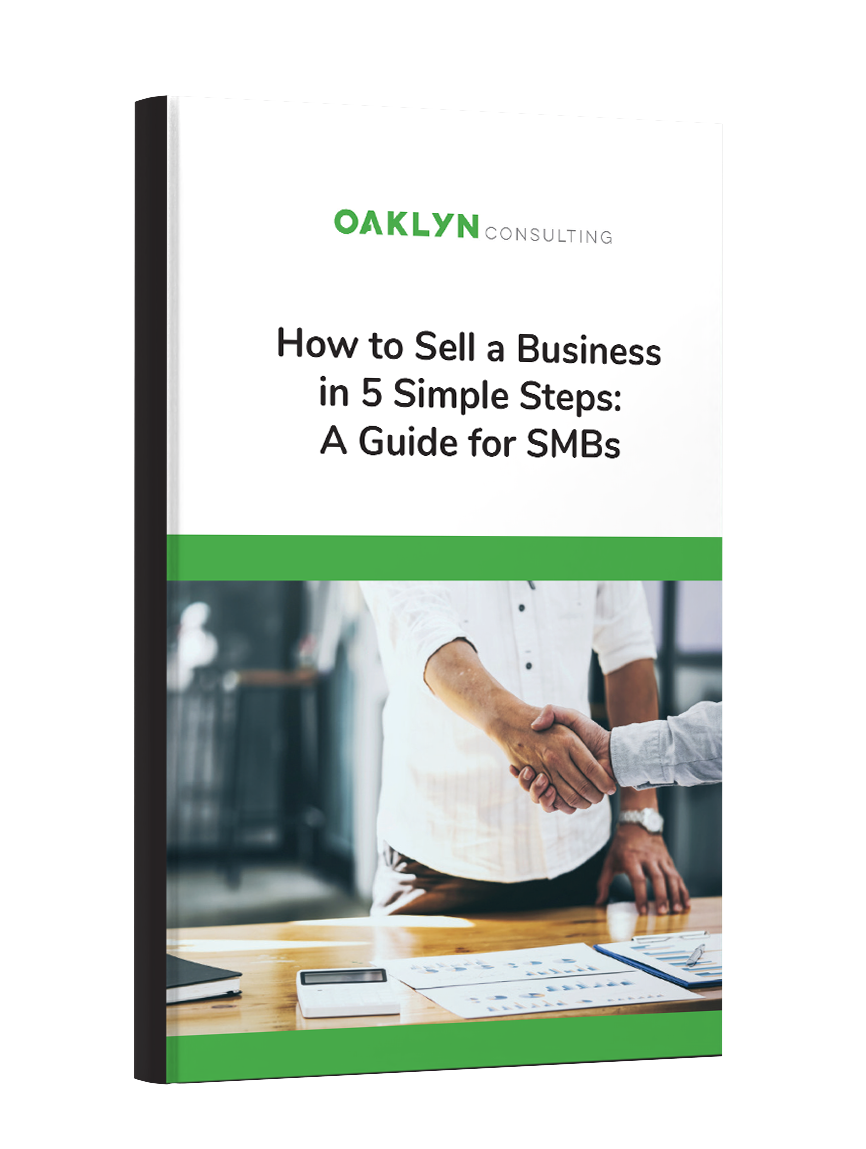Deciding to move forward on a company merger is a team effort — and one of the most indispensable members of that team is the CFO.
Other members of the executive team might offer out-of-the-box ideas, sales experience, or the ability to weigh long-term strategy. But when it comes to deal-making, the CFO offers something just as valuable — data points that provide the necessary insight for the other team members to make informed decisions. Put simply, the CFO is a source of truth.
A more descriptive name for the CFO’s role might be “chief measuring officer.” But in an M&A situation, being able to measure things well can be a double-edged sword. That’s because while the decision to move forward on a deal does involve data, it involves a lot of other factors as well and ultimately requires a leap of faith.
For CFOs who want to contribute positively to the M&A process, it helps to understand where things can sometimes go wrong. Here are three common pitfalls that can complicate a deal, before or after the papers are signed.
1. ANALYSIS PARALYSIS
As a CFO, people rely on you to be the person in the room who is exactly right. Wrong numbers aren’t acceptable as a work output. But when evaluating a candidate for a merger or acquisition, you’ll likely be working with some incomplete or imperfect information — although many details will become more clear as you dig further into an opportunity.
In a profession built on certainty, the lack of solid details at the outset can understandably make a person hesitant. But don’t let “perfect” become the enemy of the good. Holding out for an ideal M&A situation might prevent you from exploring an opportunity that’s actually better than you realize.
Avoiding this pitfall involves finding a way to separate the known facts from the aspects of a deal that might be hazier. Sometimes, when it comes to taking the next step to learn more about an opportunity, “good enough” is an acceptable benchmark. Rather than holding up action until you can take a big step, prioritize learning over knowing.
2. BEING OVERLY SKEPTICAL ABOUT A DEAL
The majority of deal opportunities aren’t going to work out for one reason or another. In some cases, the CFO might notice red flags in a particular deal right away and make their feelings known to the group earlier in the process than they should. The CFO should take personal responsibility for providing accurate information to the group about a potential deal, but shouldn’t take personal responsibility for being the group’s resident skeptic or naysayer. No one person should be pushing to kill a deal before the group has a chance to hear all the available facts — whether good or bad. After the CFO provides that information, the group should structure its decision-making so that all members of the executive team are heard, and everybody’s ideas and concerns are vetted fairly.
3. DELAYED IMPLEMENTATION OF FINANCIAL INTEGRATION
After a deal has been completed, a CFO plays a key role in post-merger integration, and the way they approach that process can make a big difference in the company’s effectiveness going forward. The pitfall here is allowing other aspects of integration work to take precedence over the finance integration work.
Right after a deal closes, there are a lot of moving parts, and sometimes an executive team will have differences of opinion on the order of priorities. It’s easy for the head of the finance operation to allow their to-do list to be pushed to the side in favor of other necessary tasks, such as achieving sales goals.
But the role of insight in post-deal decision-making is incredibly important, and the ability to do that is hampered if, for example, both companies aren’t on the same accounting system, or accounts receivable and accounts payable aren’t integrated. When finance integration is delayed, it can lead to a domino effect on other aspects of a business. Invoices might not go out on time, or there may be confusion with vendors over payment issues.
It’s also important to have timely data for the entire company so that the executive team can react to external situations that will inevitably come up. Maybe a competitor will seize the opportunity to aggressively target your customers or the sales team will start experiencing a slowdown in the sales pipeline and won’t know why. If the finance department allows itself to become the second priority in post-merger integration, you won’t be able to provide the insight that allows your company to make any necessary changes.
TAKE MEASURED RISK
The M&A process can take months of focused time and effort, shifting everybody in a company off balance and requiring a series of major, time-sensitive decisions. While the element of risk can’t be completely mitigated, it can be minimized thanks to the insights contributed by a company CFO. By watching out for some of the ways they can unintentionally slow down or complicate the process, the CFO can sidestep those obstacles and keep the process moving toward a positive outcome.



